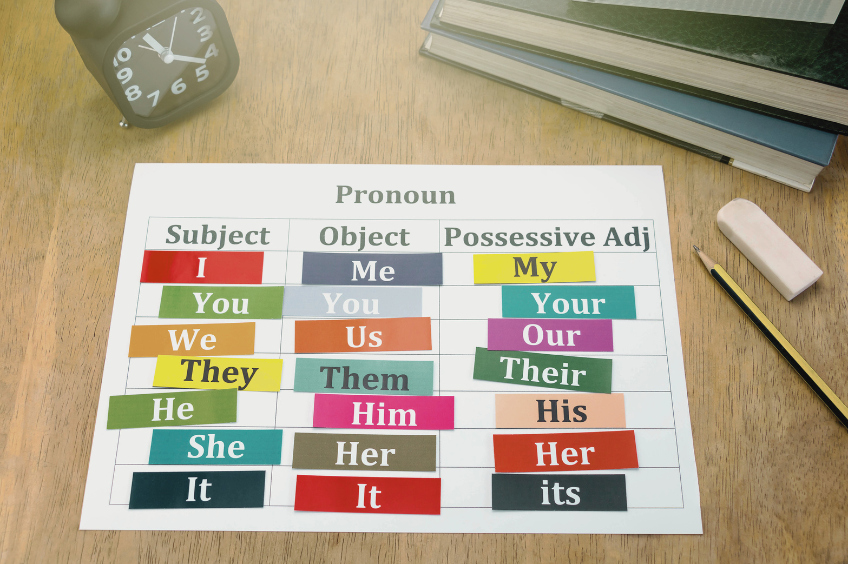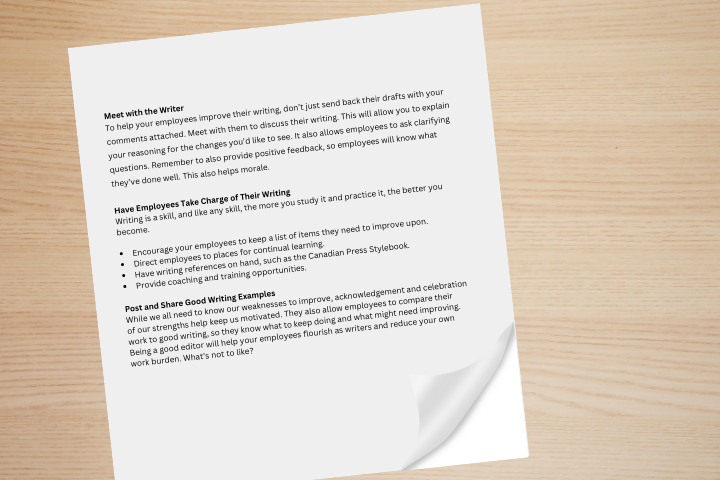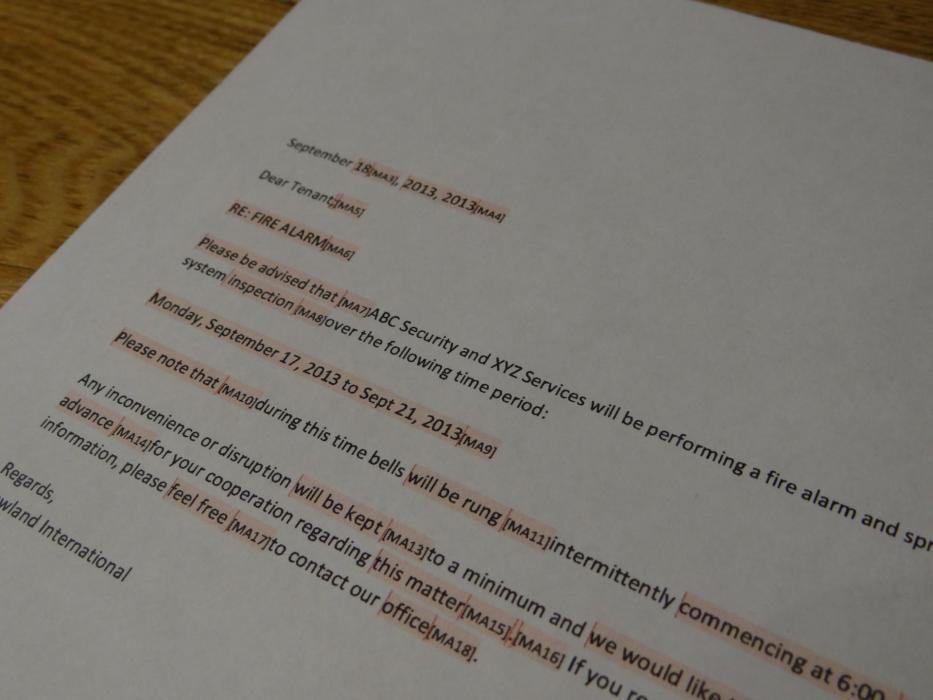
Have you ever stopped to think about whether you’re using me and myself correctly? If not, you’re not alone. These two pronouns are among the most misused words in English. But by the time you finish reading this, you’ll have a clear understanding of when to use me, when to use myself, and when to avoid them altogether.
When to Use Me and Myself
Me: The Object Pronoun
The pronoun me is an object pronoun, meaning it should follow a verb (She called me.) or a preposition (He made a gift for me.).
Myself: The Reflexive Pronoun
The pronoun myself is reflexive, meaning it reflects back to the subject (I made it myself.) or adds emphasis (I, myself, prefer coffee.).
Common Mistakes (And How to Fix Them)
One of the biggest mistakes people make is using myself when me or I is actually correct.
Incorrect Use of "Myself" as a Subject
Incorrect: Dave and myself worked on the project together.
Correct: Dave and I worked on the project together. ("I" is the subject of the sentence.)
"I" is a subject pronoun, which means it should be used when performing the action in a sentence. "Myself" is a reflexive pronoun, which means it should only be used when referring back to "I" earlier in the sentence (e.g., I taught myself to code).
Incorrect Use of "Myself" as an Object
Incorrect: The office staff created ID cards for John and myself.
Correct: The office staff created ID cards for John and me. ("Me" is the object of the preposition "for.")
"Me" is an object pronoun, which means it should be used when receiving the action in a sentence. In the example above, "me" is the correct choice because it follows the preposition "for." The sentence should still be correct if you remove "John"—for example, "The office staff created ID cards for me" sounds natural, while "The office staff created ID cards for myself" does not.
Tricks to Getting It Right Every Time
Try the cover-up test by removing the other person’s name and see if the sentence still makes sense.
For example: Jenn and me went to the meeting.
Cover Jenn → Me went to the meeting. (This does not sound correct.)
Correct: Jenn and I went to the meeting.
Check to see if the reflexive pronoun reflects back to the subject
Another phrase to avoid:
Incorrect: Please contact myself if you have questions.
There is no subject for myself to reflect back to, so me is the correct choice.
Correct: Please contact me if you have questions.
Take the Challenge
Take a moment to review some of your recent emails or reports. Do you notice any misuses of me or myself? These small but important corrections can make your writing more polished, professional, and grammatically sound.
Even though mistakes with me and myself are common, now you have the tools to use them correctly. Keep your writing clear and professional by using the right pronouns every time.








